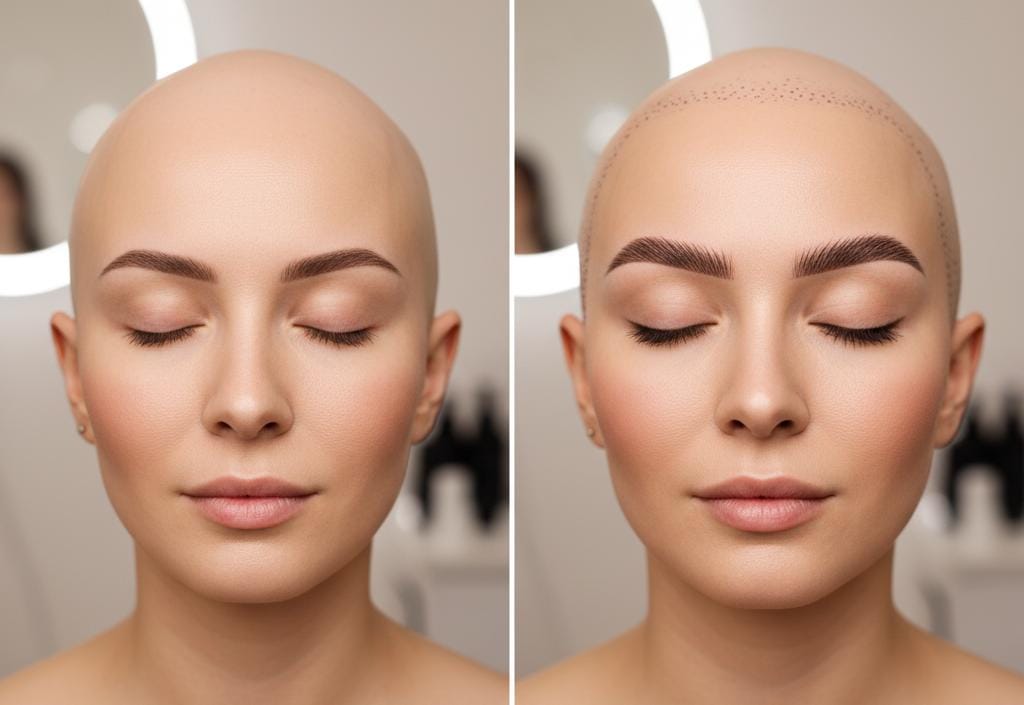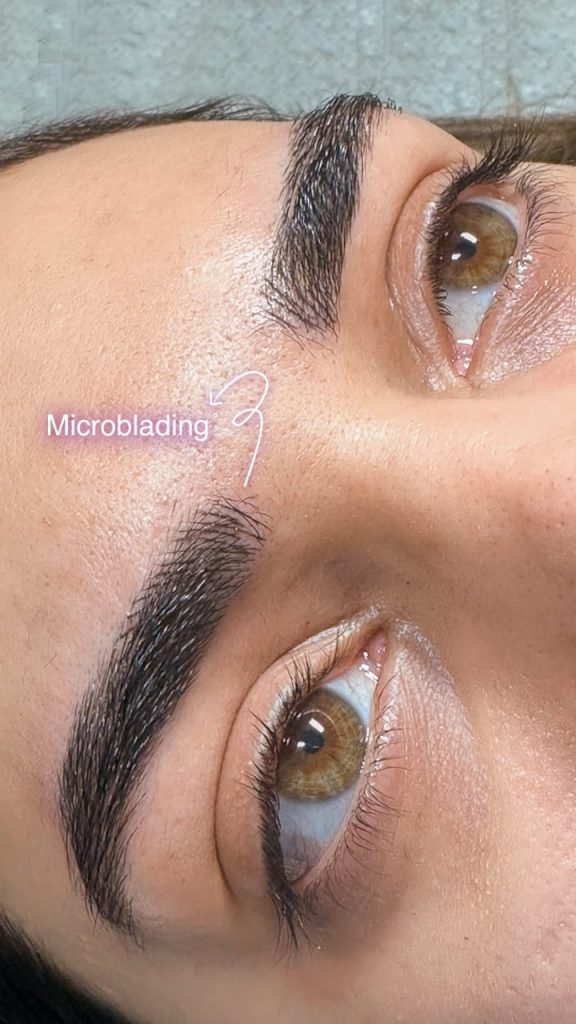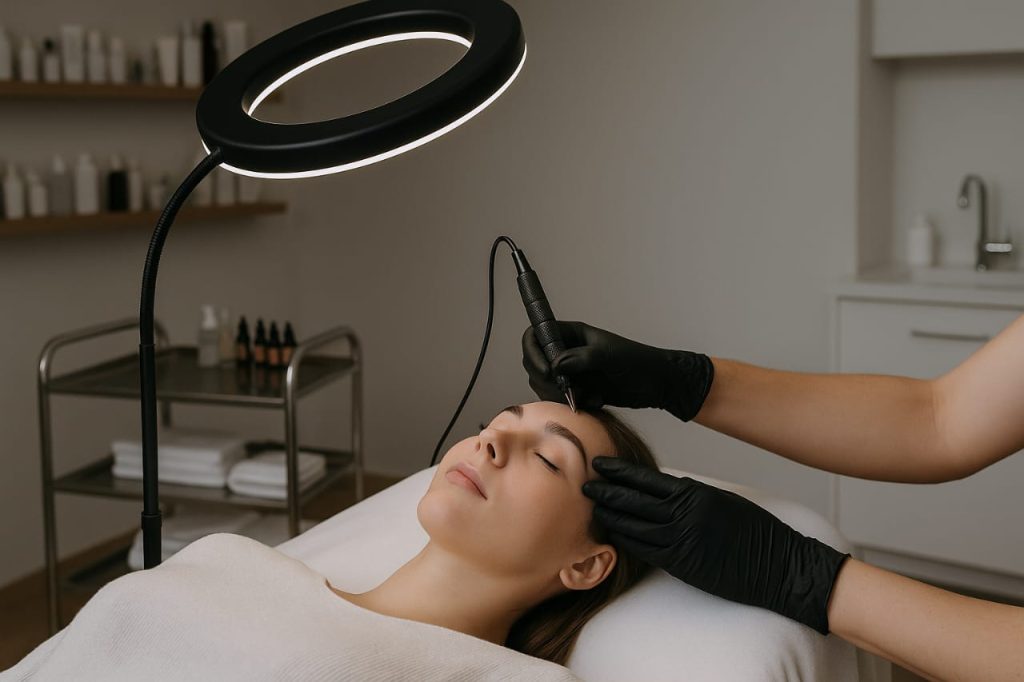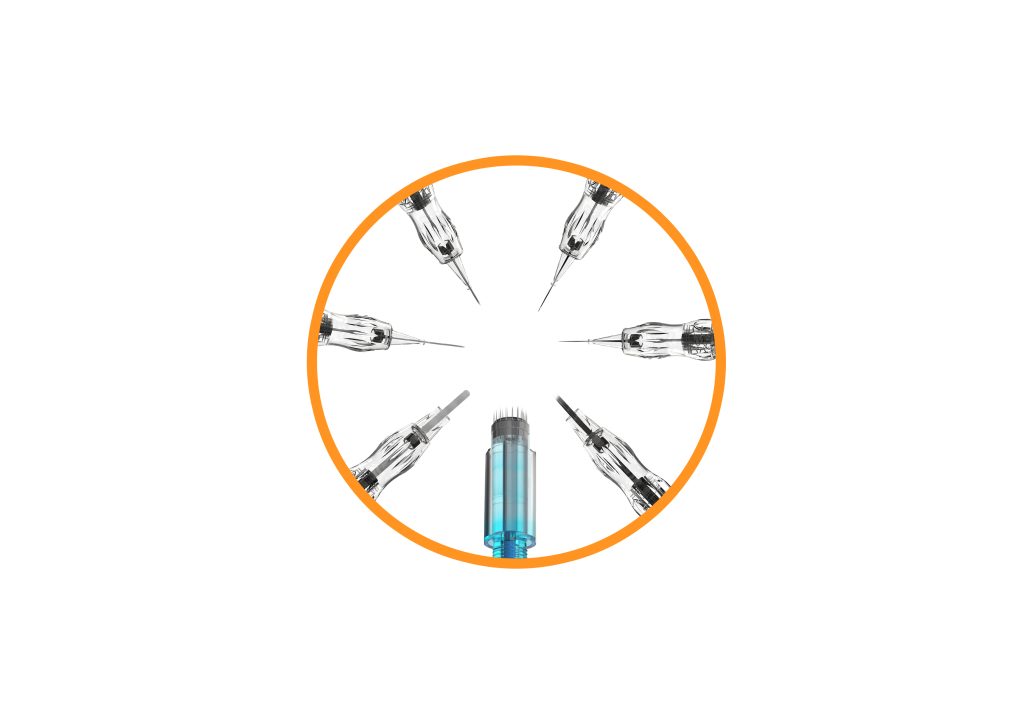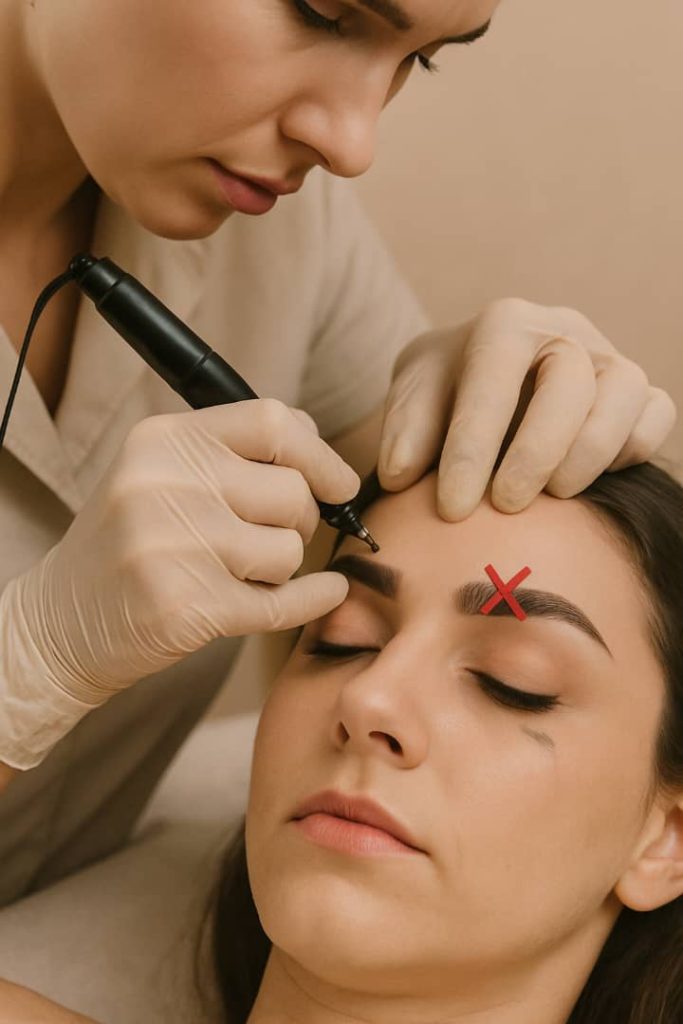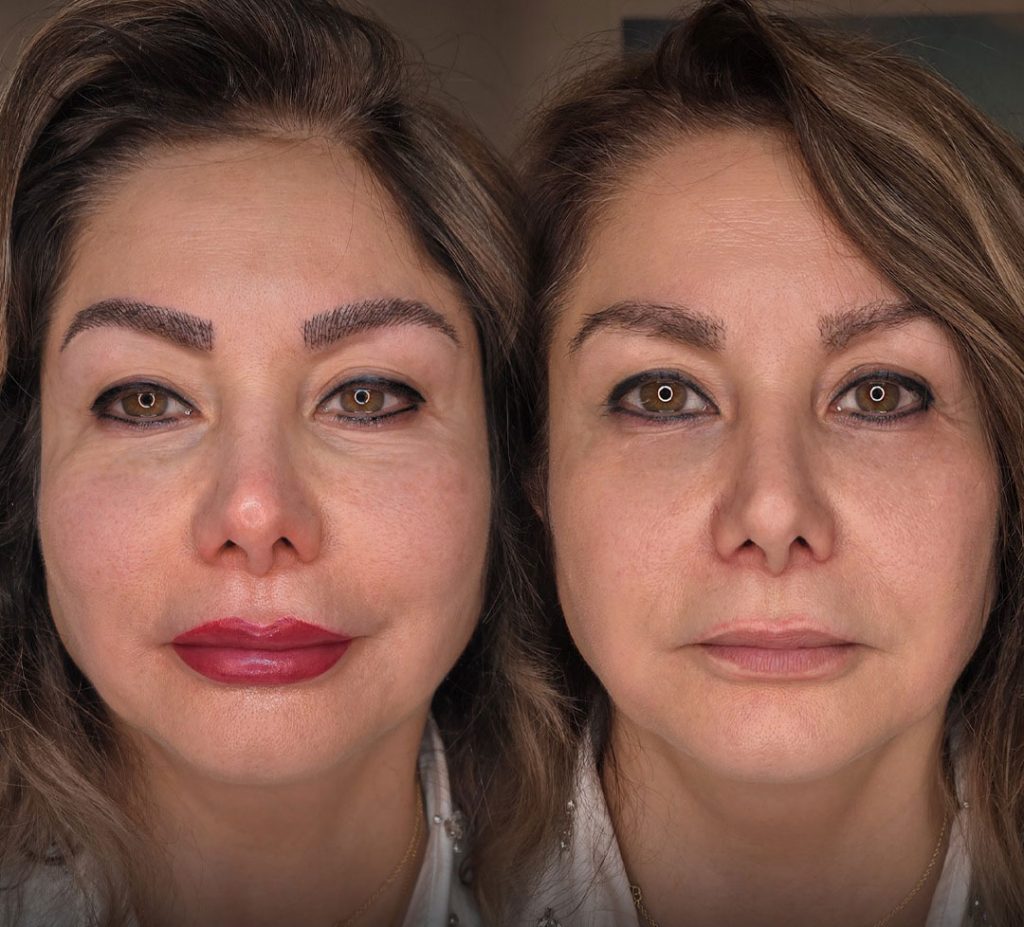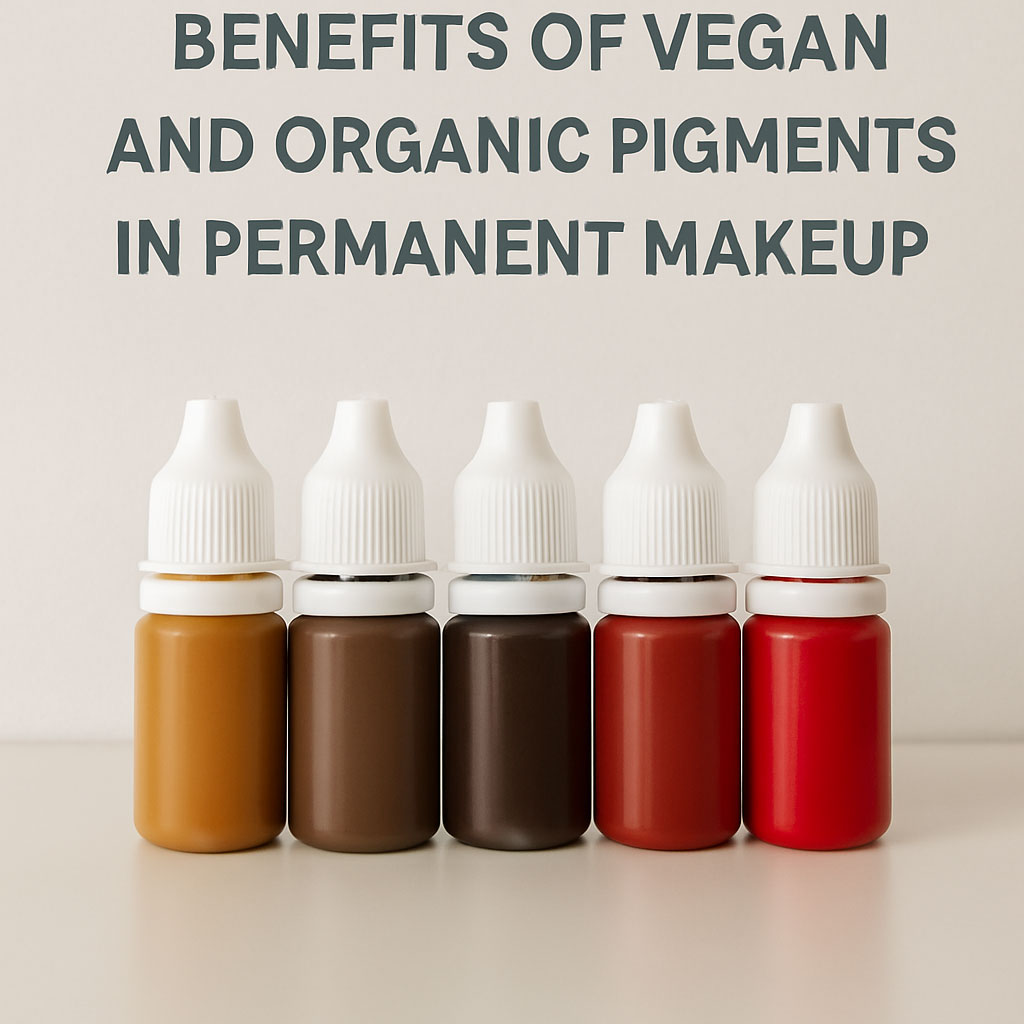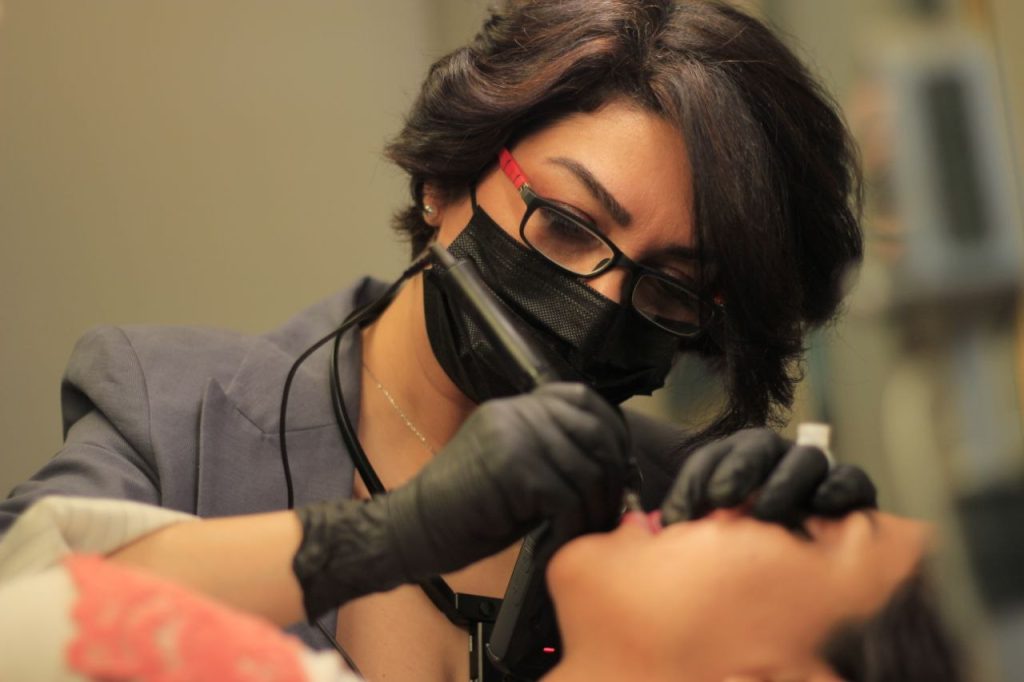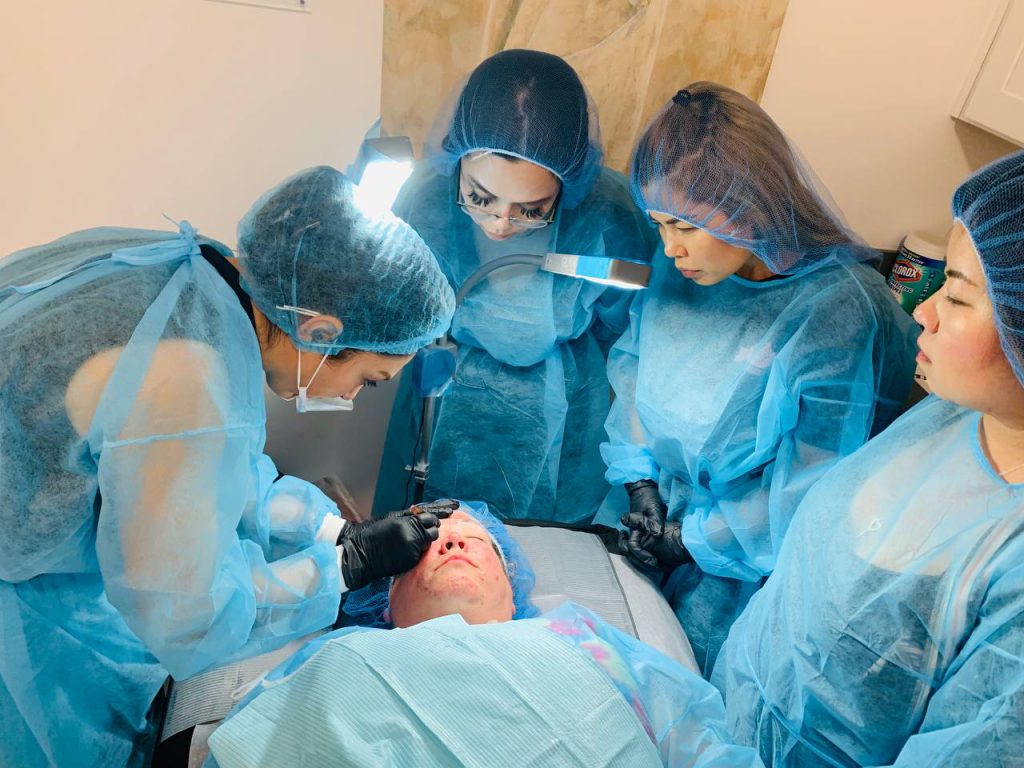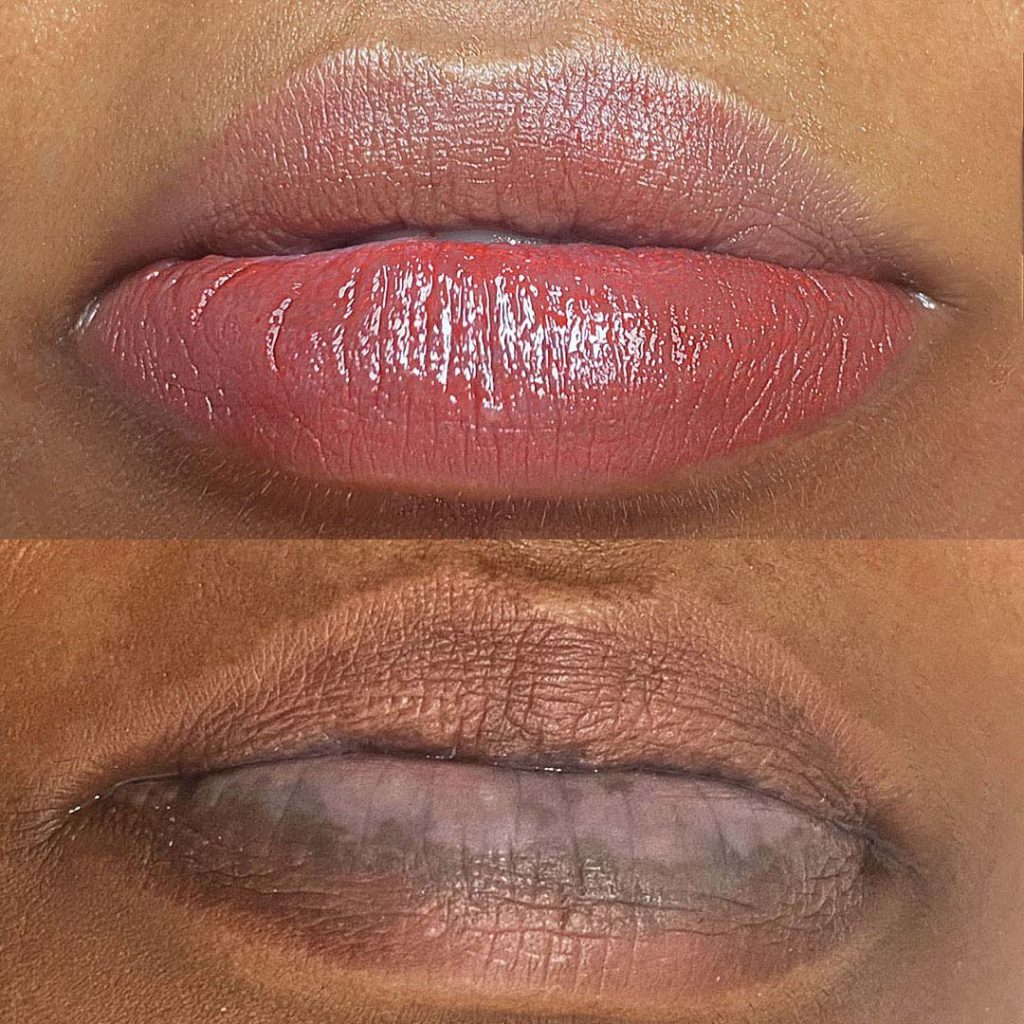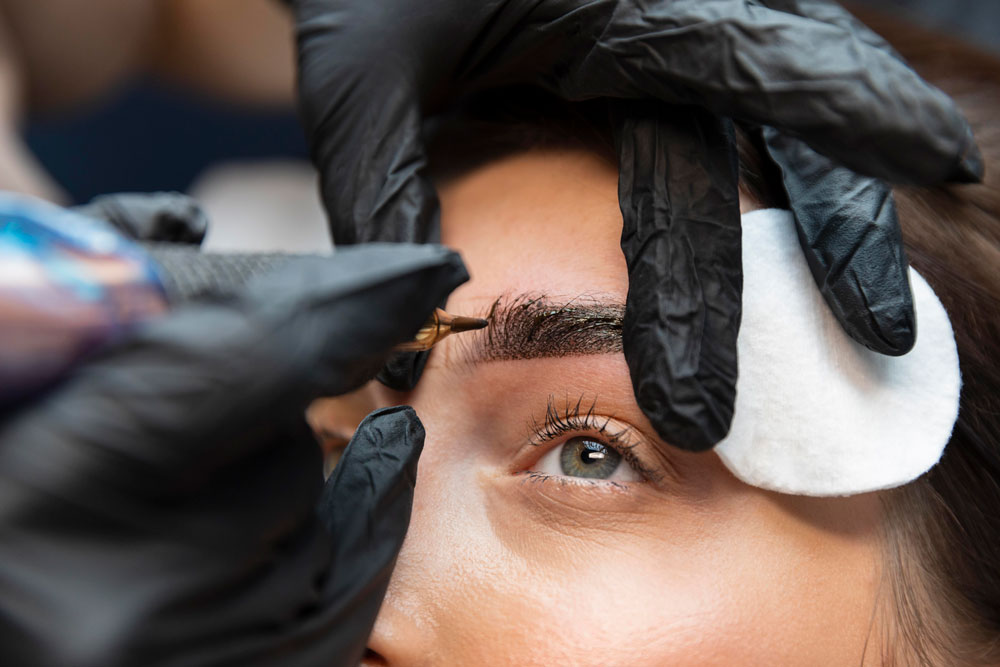PMU Aftercare for Oily Skin
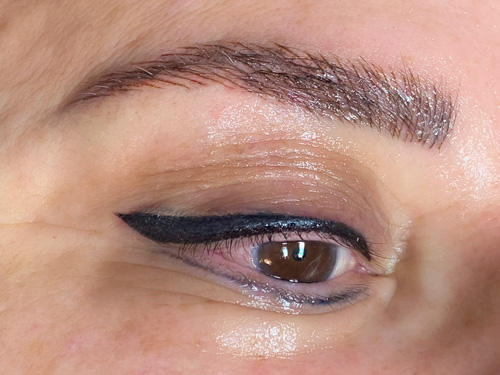
Permanent makeup (PMU) is an investment in your confidence and beauty but for clients with oily skin, proper aftercare becomes even more crucial to ensure long-lasting results. Oily skin tends to break down pigments faster, interfere with healing, and cause uneven fading if not managed correctly.
In this guide, we’ll walk you through everything oily-skinned clients need to know to protect their PMU and enjoy stunning, lasting results.
Why Oily Skin Needs Special PMU Aftercare?
Sebum, the natural oil your skin produces, can push out pigment more quickly during the healing phase. This means that:
- The pigment might appear lighter or patchy.
- Healing could take longer.
- The color retention may be lower compared to dry or normal skin.
- That’s why aftercare for oily skin isn’t just important, it’s essential.
Do’s: PMU Aftercare for Oily Skin!
- Blot Excess Oil Gently: Use clean blotting paper or a soft tissue (not your hands) to gently dab away excess oil several times a day, especially in the first 10 days.
- Keep the Area Clean and Dry: Cleanse the area lightly with a mild, unscented cleanser recommended by your PMU artist. Avoid over washing, once or twice a day is enough.
- Use a Mattifying Barrier Ointment: Choose a lightweight, non-comedogenic balm to create a breathable barrier without clogging pores. Ask your artist for recommendations tailored to oily skin.
- Sleep on a Clean Pillowcase: Change your pillowcase every night if possible. Bacteria and oils can transfer and interfere with healing.
- Follow a Touch-Up Schedule: Since oily skin can cause faster fading, a touch-up 6–8 weeks after the initial session is often necessary to perfect the results.
Don’ts: What to Avoid!
- Avoid Over-Moisturizing: Excess moisture can trap oil and cause pigment to lift. Skip heavy ointments unless prescribed.
- Don’t Touch or Pick: Avoid touching the treated area with unwashed hands. Picking scabs or flakes can cause pigment loss and scarring.
- No Makeup or Sunscreen on the Area (During Healing): Until the area is fully healed, applying makeup or sunscreen can introduce bacteria and block healing.
- Avoid Sweating and Saunas: Heat and sweat increase oil production and risk pigment migration. Wait 7–10 days before resuming intense workouts or sauna visits.
- Don’t Use Exfoliants or Acne Products: AHAs, BHAs, and retinoids can strip pigment and damage healing skin. Avoid them completely on or around the PMU area.
Final Thoughts:
Having oily skin doesn’t mean you can’t enjoy beautiful, long-lasting PMU results. It just means you need to be extra careful with your aftercare, and work with a skilled artist who understands how to tailor techniques and pigments for your skin type.
At Cosmetic by Banou, Nancy Akbari uses premium pigments and updated techniques specifically designed to work with oily skin, ensuring your results are beautiful and durable.
Have questions about your skin type or PMU aftercare?
Book a free consultation with Nancy and get personalized guidance before your appointment!



